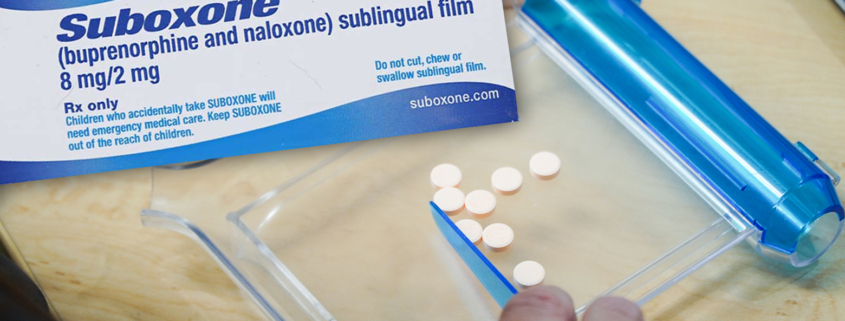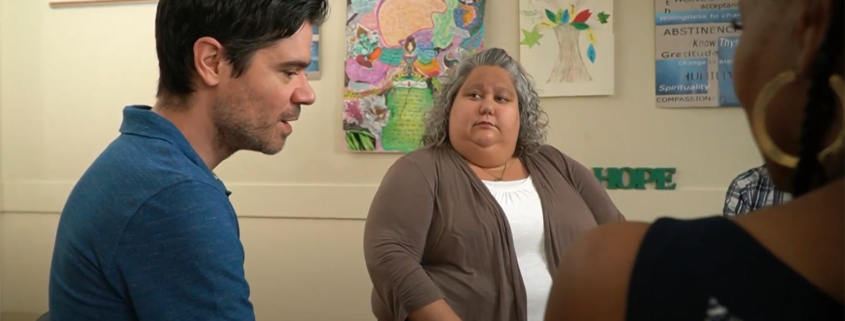Should You Try The 12 Steps of AA (Alcoholics Anonymous)?
The 12 steps of AA are the core of the Alcoholics Anonymous approach to recovery from alcoholism. The program was developed by co-founders Bill Wilson and Dr. Bob Smith (who were both recovered alcoholics) with input from other members. The idea is that when an alcoholic admits that they have a problem and agrees to follow certain guidelines for living a sober life, they will eventually be able to eliminate their need for alcohol or other drugs entirely.
While developed for alcoholism, the twelve steps of alcoholics anonymous’ philosophy can be used for other addictions, and many of the principles have been adopted by other organizations. For example, Narcotics Anonymous is for those struggling with substance abuse. Read more










